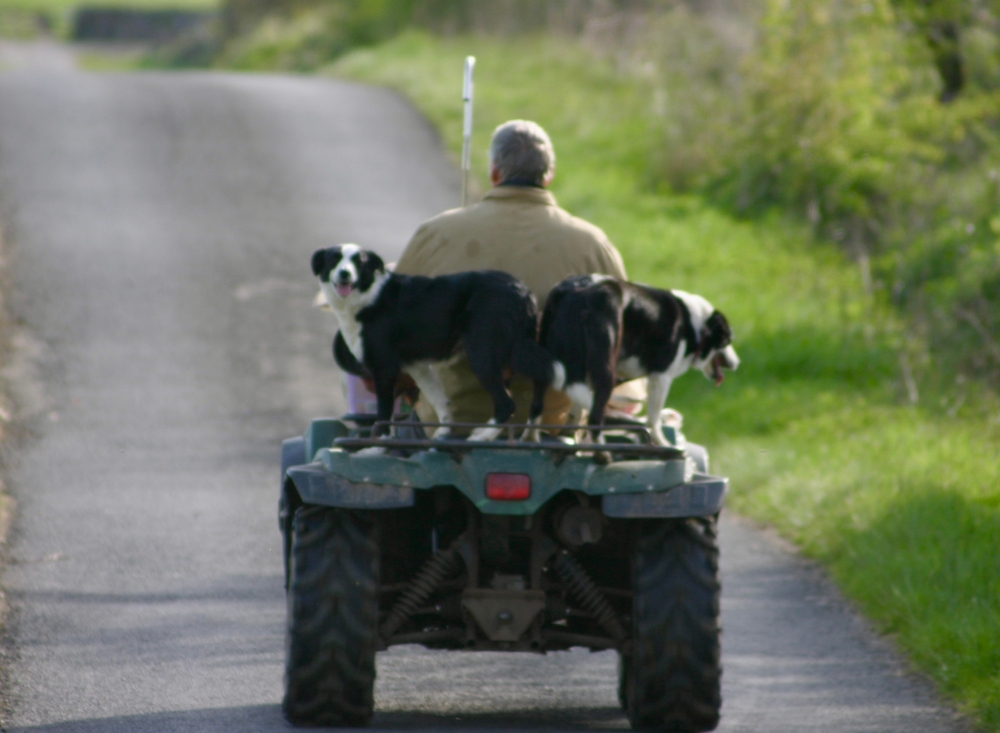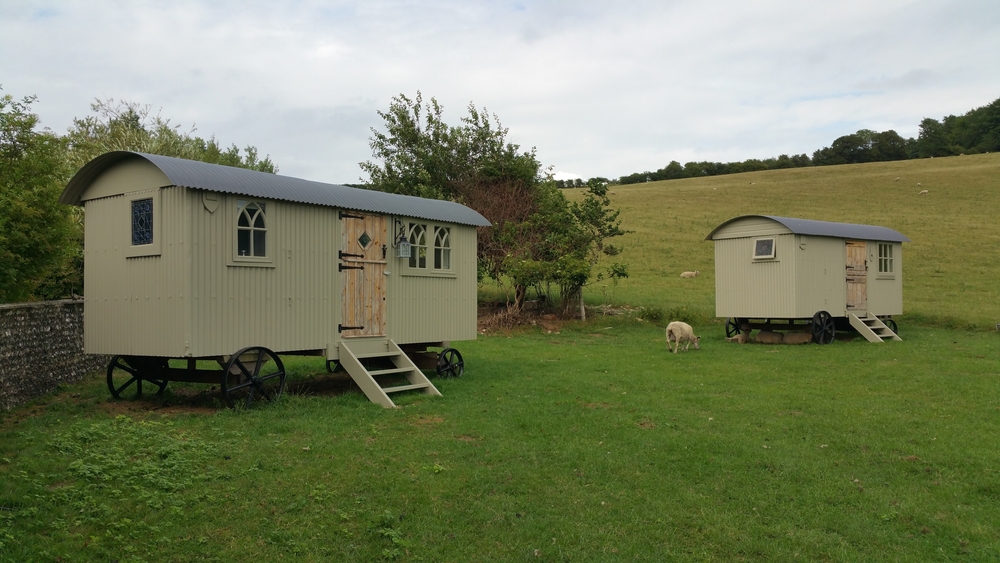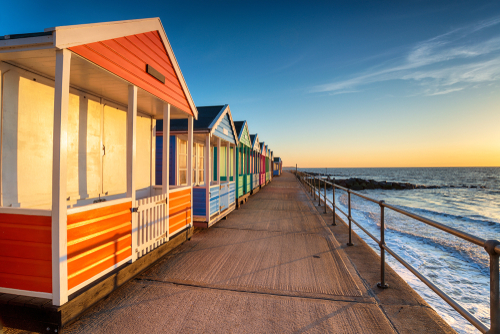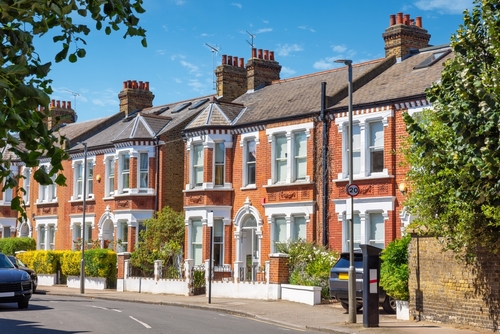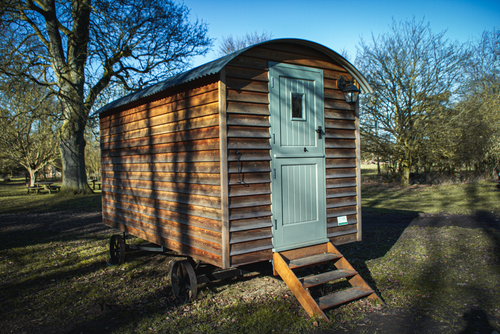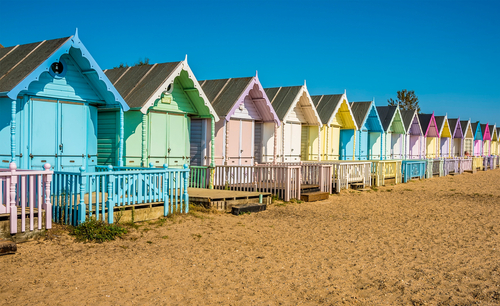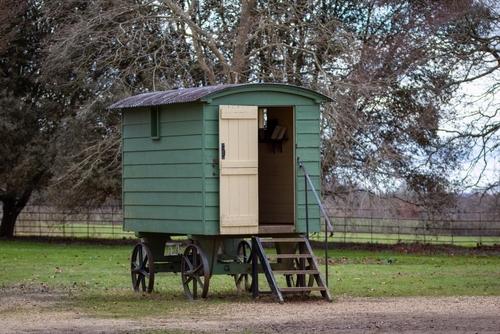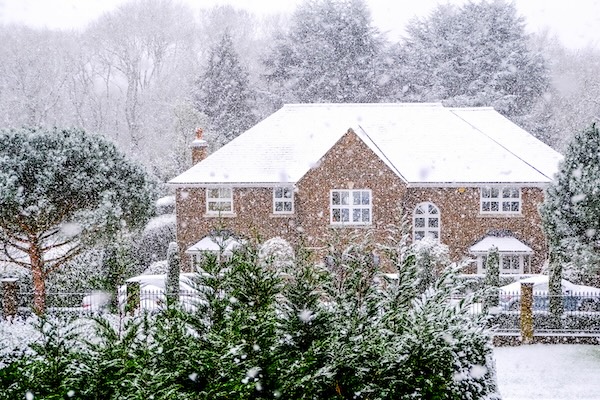If you use a quad bike or an ATV for agricultural purposes – that is, if you only use it on farmland and not on UK roads – then you may be exempt from paying tax on the vehicle, and you may not even need a driving licence.
But what about insurance? Do you need to pay insurance on farm quad bikes and agricultural ATVs?
An Introduction to Agricultural Quad Bike and ATV Insurance
If you are driving any vehicle on UK roads, then you have a legal requirement to get at least third party insurance cover. It is an offence to drive an uninsured vehicle on public roads. But if you are only driving your quad bike or ATV off-road, then this law does not apply. You do not have a legal obligation to get any insurance for your agricultural quad bike or ATV, so long as you only ever ride it off-road.
You will need at least third party insurance cover for any time you spend on public roads, even if it’s just a five minute journey between two fields.
However, even if there is no law saying you need insurance for your agricultural quad bikes and ATVs, it is still a good idea to get comprehensive cover for all possible risks.
The Risks Associated With Agricultural Quad Bikes and ATVs
Quad bikes and ATVs can be significant investments, and many farmers depend on them for a range of agricultural purposes. Unfortunately, quad bikes and ATVs are a prime target for thieves, as they are valuable and very easy to move and sell. If nothing else, you need insurance to cover you against the risks of theft. Yet insurance can also cover your quad bike or ATV if it is ever destroyed or damaged.
Think about how crucial your quad bike or ATV is to your farmwork, and how much of an inconvenience it would be if your vehicle were ever destroyed, damaged, or stolen. Would you be able to afford repairs, or a replacement? This is where adequate insurance can help you stay afloat.
Registering Agricultural Quad Bikes and ATVs
First, you should register your agricultural quad bike or ATV with the DVLA. Depending on the type of vehicle you use, and how you use it, you may have a legal requirement to do this anyway. But in any case, registering the vehicle can help the police recover it should it ever get stolen.
If you use the vehicle solely for off-road purposes, then you can add it to the Off-Road Register. If you use it for agricultural purposes, then you may need to register it as a light agricultural vehicle.
Securing Insurance for Your Farm Quad Bike
You will need at least third party insurance if you ever take your quad bike or ATV on public roads. If you are strictly off-road, then it is still a good idea to get some dedicated agricultural quad bike and ATV insurance to cover you for the risks of theft, or damage.
Your insurer may outline certain requirements you will need to meet before they cover you. For instance, they may specify that you need to keep your vehicle locked in a secure garage whenever you are not using it.
Specialist Quad Bike Insurance From James Hallam
James Hallam is an independent Lloyd’s broker with a dedicated team of experienced insurance professionals who care about protecting your assets.
We provide specialist ATV insurance for clients who use their quad bikes or ATVs in connection with agricultural work or shoots. You can also get additional benefits if you are a BASC member.
Learn more about our dedicated ATV and quad bike insurance services.


